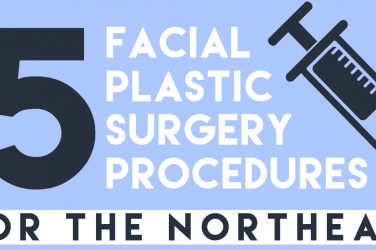Cannabis used to get a bad reputation for people who were hippies or lazy. However, it is becoming more popular for its health benefits. The legalization of marijuana and THC in many states has led millions to discover the uses of CBD. It has been used regularly to offset the pain and nausea that comes with chemotherapy and cancer. However, researchers are now seeing the ability to take those benefits and apply them to treating addictions.
CBD Going Mainstream
Most forms of CBD are legal in every state because only full-spectrum has THC as an ingredient. With marijuana going mainstream, it only makes sense that CBD will follow. Statistics are showing that over ten percent of Americans have admitted to adding it to their daily routine. They have found it helps them sleep better at night, reduces anxiety, and manages pain. These are all side effects of quitting addictions, including tobacco.
At this point, researchers are not ready to say that CBD is a cure-all, or should be used as a replacement for treatment options your medical professional is using. However, they are finding that it makes a great addition to daily life and, it has a major effect on overcoming addiction. Just like with any medication or supplement, it will affect everyone differently. Therefore, it is advised to start slow and increase as needed.
How CBD Helps Smokers Quit
Smokers struggle with quitting for the simple fact they must battle the addiction to nicotine and tobacco. The CDC announced that these addictions afflict more Americans than any other drug on the streets. People start to quit and then run into cravings formed from habits that lead to more failures than withdrawal symptoms. When something is part of your routine, it makes it that much harder to quit. CBD users, however, are noticing they lose the desire to smoke tobacco. Researchers crafted a study to test the theory with one group given an inhaler with CBD oil and one group given a placebo. It only took a week to start noticing the differences between the groups.
First: Break the Craving
Oftentimes, a person battles a craving long before they suffer their first withdrawal symptom. Nicotine and tobacco addiction lead to cravings stronger than other drugs because they are triggered by routine, emotions, and mental needs. Like a person who struggles to start the day without a cup of coffee, smokers depends on a cigarette when stressed. The brain speaks to the body with learned responses, so it will be triggered to tell your body that you need a cigarette because of habit. CBD breaks this cycle by quieting the neurotransmitters while your brain learns a new response. Cannabinoids also mimic the receptors in your body that help you manage stress, anxiety, and depression. When your mind begins to feel an emotion that would lead you to smoke, eat an edible (vermafarms.com/collections/cbd-gummies) instead. Over time, you will begin to no longer crave the nicotine.
Second: Manage the Withdrawal Symptoms
Once you manage the cravings, you will start to suffer from withdrawal symptoms. While you can use tobacco-free products with less nicotine from this website, you will eventually want to quit altogether. Quitting causes headaches, insomnia, anxiety, depression, and an overall feeling of unwellness. CBD lessens all these symptoms by stimulating the neurotransmitters in the brain to kick back in. Nicotine suppresses the serotonin and dopamine transmissions in the body, causing you to rely on cigarettes to deal with sadness or stress. This is also why many people who attempt to quit smoking will be moody or lethargic. Medical professionals urge people ready to kick the habit to use CBD with counseling to manage emotions healthily.







